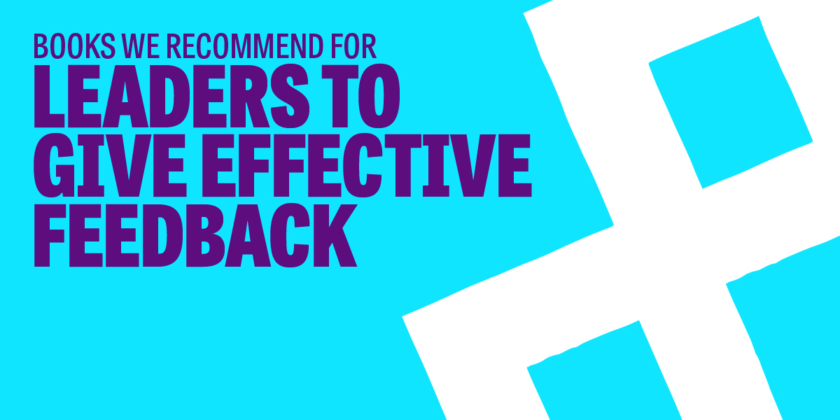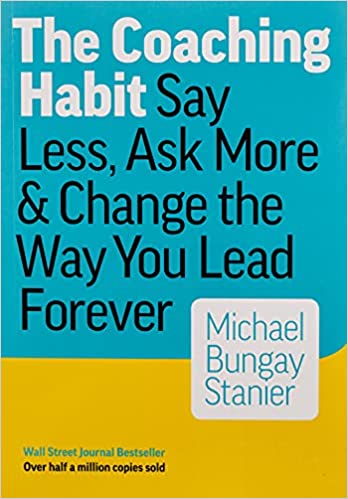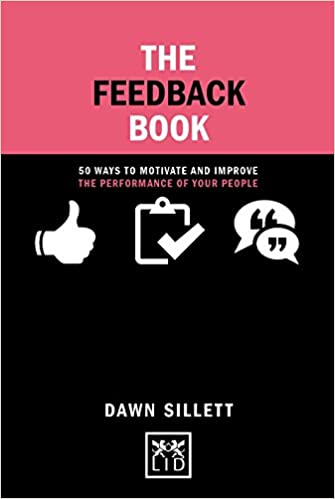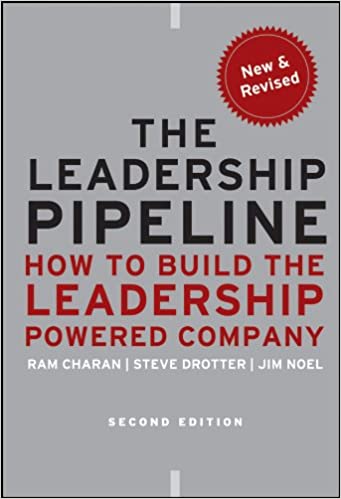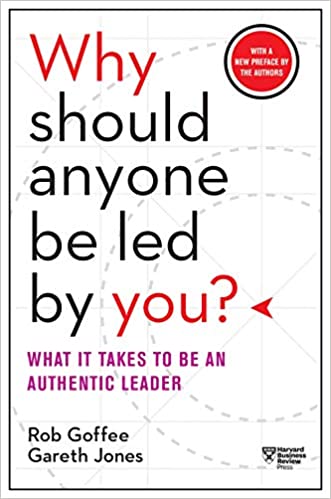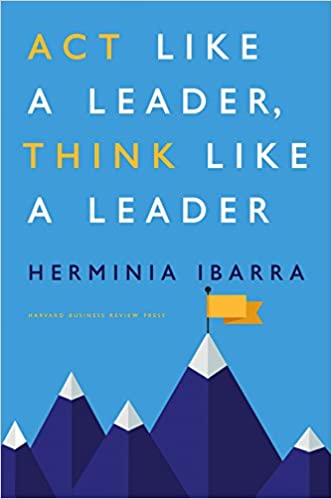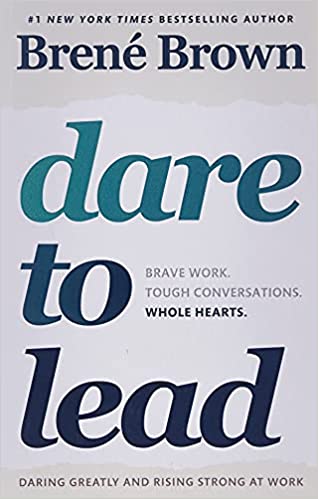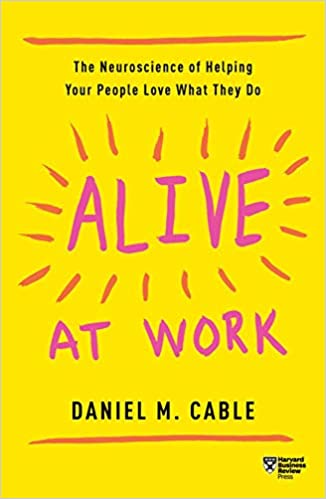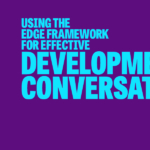At Let’s Talk Talent we are avid readers, and we often get asked what books we recommend. We’ve written before about books we think are great reads for talent managers.
So we got our team together and asked, what books do *we* recommend for people looking to be better leaders and to give more effective feedback.
We asked, they delivered.
Here’s some of our favourite books for Leaders wanting to give better feedback:
Radical Candour
Kim Scott
Giving effective feedback takes courage, skill and care. For managers and leaders we recognise that it is something we need to do but don’t always know how. The Radical Candour framework invites you to act with high support and high challenge, to be in service of your people, creating an environment for them to grow, develop and thrive.
The book is full of practical guidance and suggestions for 1:1’s, all hand meetings, team development and succession planning.
The Coaching Habit: Say Less, Ask More & Change the Way You Lead Forever
Michael Bungay Stanier
Michael takes simple easy to remember questions and shows us how they can have a dramatic effect on the receiver. Rather than believing that we need to give them a life line of suggestions and advice, Michael encourages us to rethink what is driving us to do that. Is it truly to help they other person or satisfy our own needs for validation?
The Feedback Book: 50 Ways to Motivate and Improve the Performance of Your People
Dawn Sillett
Is a super simple workbook style that gives anyone needing to give feedback practical tips and tricks that get them started. It is written in a non HR way for non HR people which I like and can have an impact on someone personally and professionally. I have used a lot in my coaching and mentoring with managers as well as used some of the models in our workshops e.g Courageous conversations.
The Leadership Pipeline: How to Build the Leadership Powered Company
Ram Charan, Stephen Drotter, James Noel
Clearly describes the skills and competencies at different levels of leadership and how to navigate the six transitions of leadership.
Why Should Anyone Be Led by You? What It Takes to Be an Authentic Leader
Rob Goffee, Gareth Jones
Oh wow, some would say a book that was written before its time. The days of adopting or believing that leadership comes from specific traits has been and gone. This book questions our belief system and encourages us to really understand our individual strengths as a leader. Not only to understand them but to articulate what value they bring. We can and should flip the coin, understand and share what are our areas of weakness. Being human and celebrating it.
Act Like a Leader, Think Like a Leader
Herminia Ibarra
Get out there and be playful with yourself. This is one of the big messages I got from this book. It challenges the concept and sometimes the excuse of authenticity. When we are transitioning into new roles we should be met with new challenges and new approaches. Here comes the dilemma – newness can feel uncomfortable we can feel like an imposter that we don’t belong or can’t/shouldn’t be doing it.
We can wear the excuse of authenticity to protect us and keep us in our comfort zone. The message here is to push forward making a new authentic version of yourself, stretching way outside your comfort zone. You are experimenting and learning not being inauthentic.
Dare to Lead: Brave Work. Tough Conversations. Whole Hearts.
Brené Brown
I love the fact that Brene is a researcher and academic yet writes in a very human way. You can trust what she says as it’s based on robust studies but also she has grown herself as a leader and had her own dark nights of the soul. Leadership all comes down to dropping the old style leadership armoury and being BRAVE; which is actually an acronym for how to show vulnerability and cultivate more authentic, connected leadership.
Watch her on TED too as she is a hugely engaging speaker and has a podcast interviewing leaders who really have been drawing greatly to create real difference and impact.
Alive at Work: The Neuroscience of Helping Your People Love What They Do
Daniel M. Cable
I worked with Prof. Cable as he wrote this book, the learning within is equally important to the individual embarking on change and those looking to lead others through it. The questions and reflections come as we consider ‘what am I doing that is holding me or others back’. Yes, it’s understanding the and/or our Why and also questions IF. And I like the possibility of IF.
